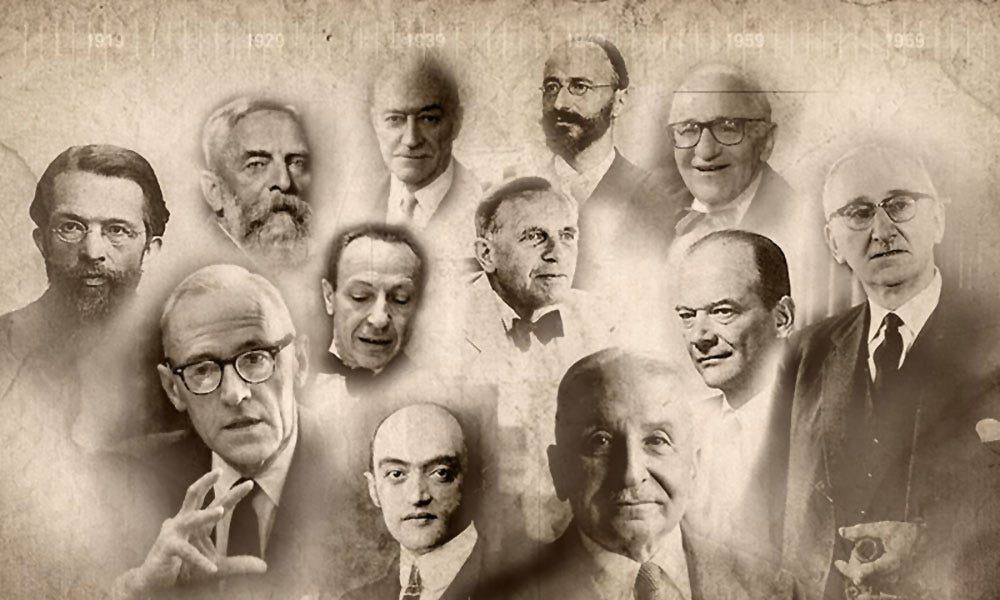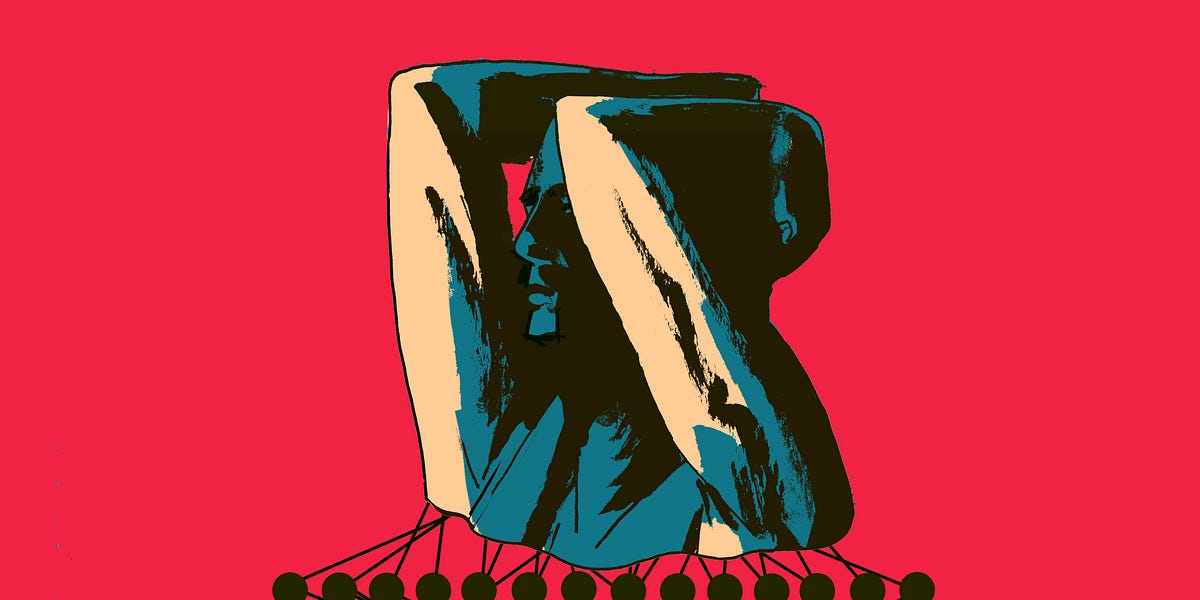
CanLII sues AI legal assistant Caseway AI for copyright infringement
The Canadian Legal Information Institute, better known as CanLII, has sued a newly launched company that describes itself as an artificial intelligence-driven legal research assistant, alleging the company poached its content and is offering it to users who pay a monthly subscription fee. The nonprofit legal database, which provides the public free access to catalogued court decisions, legislation, and secondary sources, alleged Caseway AI founder Alistair Vigier and companies affiliated with the two violated CanLII’s terms of use and engaged in copyright infringement. The nonprofit noted that it invests significant labour into reviewing, analyzing, curating, aggregating, cataloguing, annotating, indexing, and otherwise enhancing court documents before publication. The defendants “have created a business by wrongfully taking for themselves the CanLII Works by way of a bulk and systematic download from the CanLII website without permission from or compensation to CanLII,” the nonprofit said in its notice of claim filed with the Supreme Court of BC this week. In a statement on Thursday, Vigier told Canadian Lawyer that more than 200 lawyers have signed up for Caseway since CanLII filed its lawsuit on Monday. The founder also said venture capital firms have expressed interest in the company. “If Caseway wasn't better or a threat to CanLII, they wouldn't bother suing us,” Vigier said. “We have gotten so much support since the lawsuit has been filed, and it's actually been a big positive for us.” Vigier added, “If CanLII doesn't drop the lawsuit, we will create our own court database, with our AI on top of that as an option, and make CanLII irrelevant.” According to the filing, Caseway launched around September. The defendants described the platform as an AI-driven chatbot and legal research assistant that reviews and has access to more than three million court documents. Users pay a monthly subscription fee to access Caseway. The nonprofit alleged that the defendants suggested in promotional materials that Caseway uses content from CanLII. The nonprofit added that the defendants accessed CanLII’s website and “coordinated the bulk and systematic download and scraping” of its content, which was a violation of CanLII’s terms of use. In October, CanLII became aware that its content was placed in a cluster that had the same IP address the defendants used to develop the Caseway platform. CanLII alleged that, to date, the content includes more than 120 gigabytes of data and 3.5 million records. The nonprofit added that the defendants copied and reproduced its content for Caseway, infringing on the nonprofit’s copyright. After CanLII sent Caseway a cease and desist, the AI company did not delete the stolen content or stop using them, the lawsuit alleges. The defendants also incorporated Caseway, which CanLII says was done in bad faith “including for the purposes of attempting to avoid detection by CanLII and others and to move the assets of the Caseway Platform to a different jurisdiction.” In his statement, Vigier noted that “court documents are public record, not owned by any organization, including CanLII. Numerous other websites also make these decisions available.” He also denied that Caseway used court records as enhanced by CanLII, stating that “Caseway only uses the original court decisions published from the courts.” Colin Lachance, principal at PGYA Consulting and the former president and chief executive officer of CanLII, notes the distinction between claiming copyright over individual court documents versus the organization of these documents. In its 2004 decision in CCH Canadian Ltd. v. Law Society of Upper Canada, the court ruled that the Law Society of Upper Canada did not infringe on a publisher’s copyright when its library reproduced legal documents for its members. “The way the court wound up on that is, they said… we have to separate the substance of what the judge wrote from the organization and effort of the publisher,” Lachance says, adding, “Where I think CanLII is correct is that they are properly exerting a copyright claim over the compilation” of legal documents. However, Lachance says he sympathized with Caseway because “there really is no other way for anybody to get bulk case law unless they have a relationship with the courts to receive it.” There are only two places in Canada where you can get access to the three million documents that Caseway claims to have access to, he adds: CanLII and the library system of the Bar of Quebec. “My view is, I would like to see CanLII become a clearing house to supply bulk data to organizations like Caseway. I think that would be a good thing for Canada and for legal innovation,” Lachance says. “But it is CanLII’s decision. It can't be forced upon.”


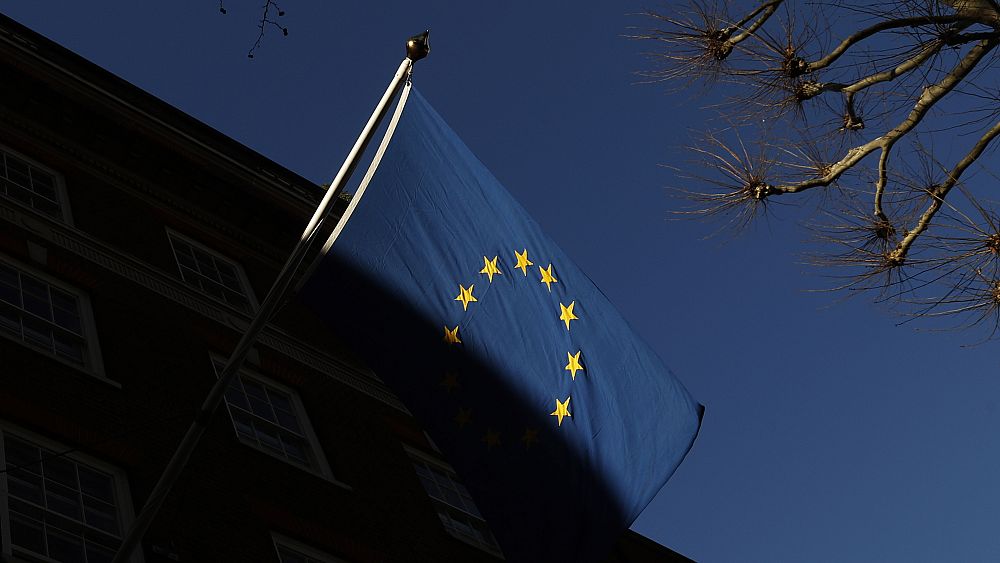



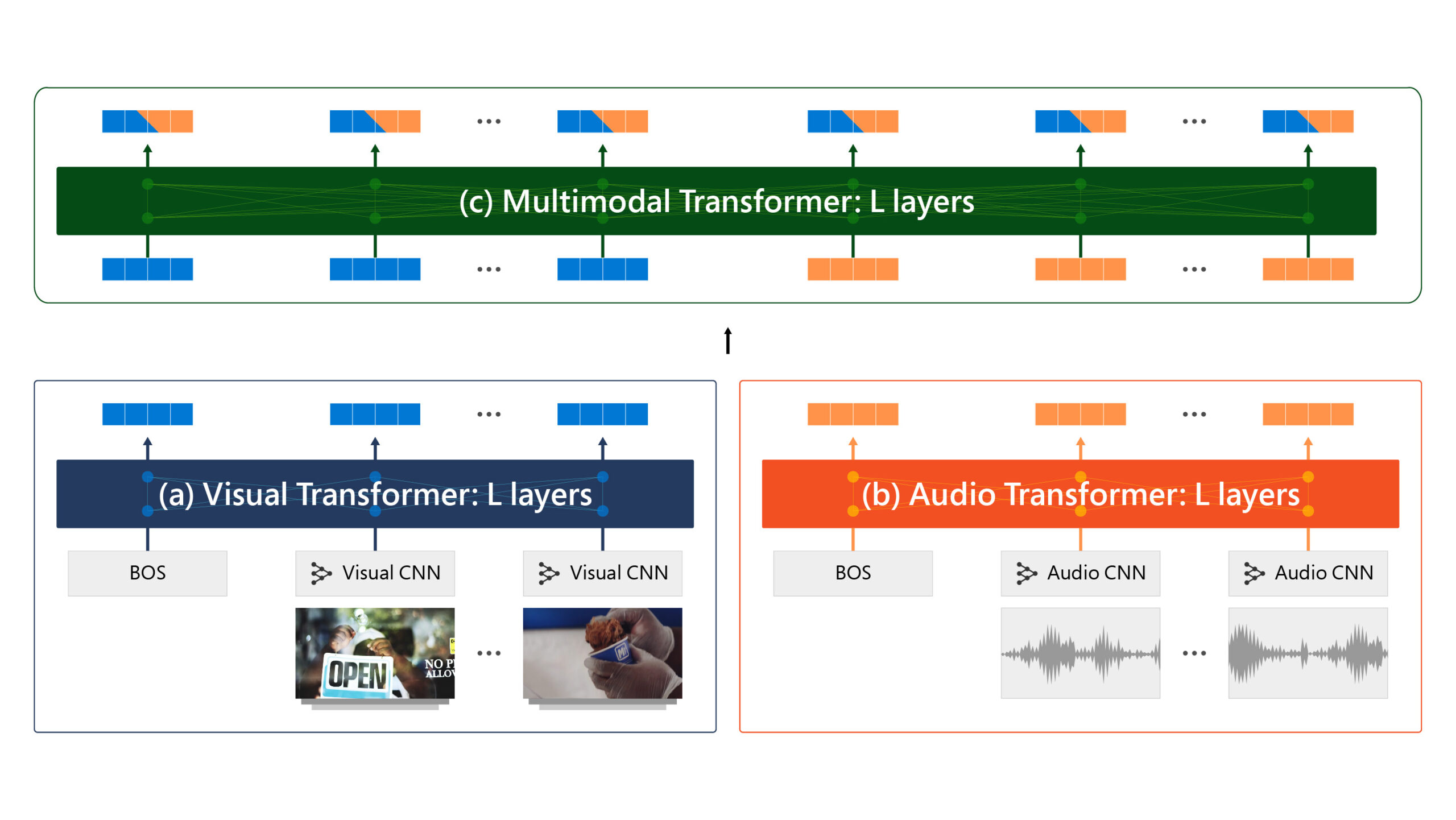


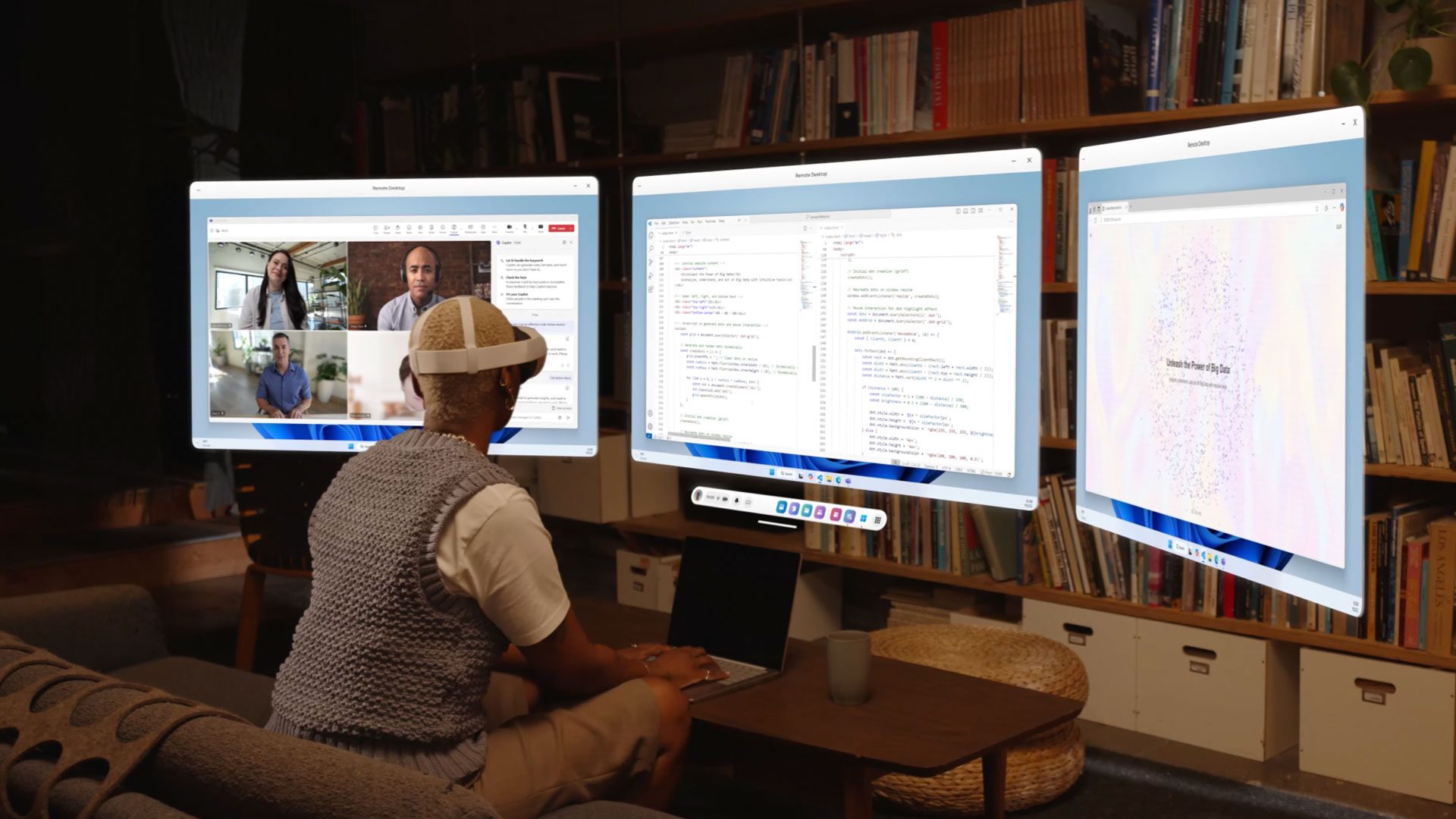

/cdn.vox-cdn.com/uploads/chorus_asset/file/25744778/01_Stream_your_own_game_541703eb415794d44f28.jpg)




